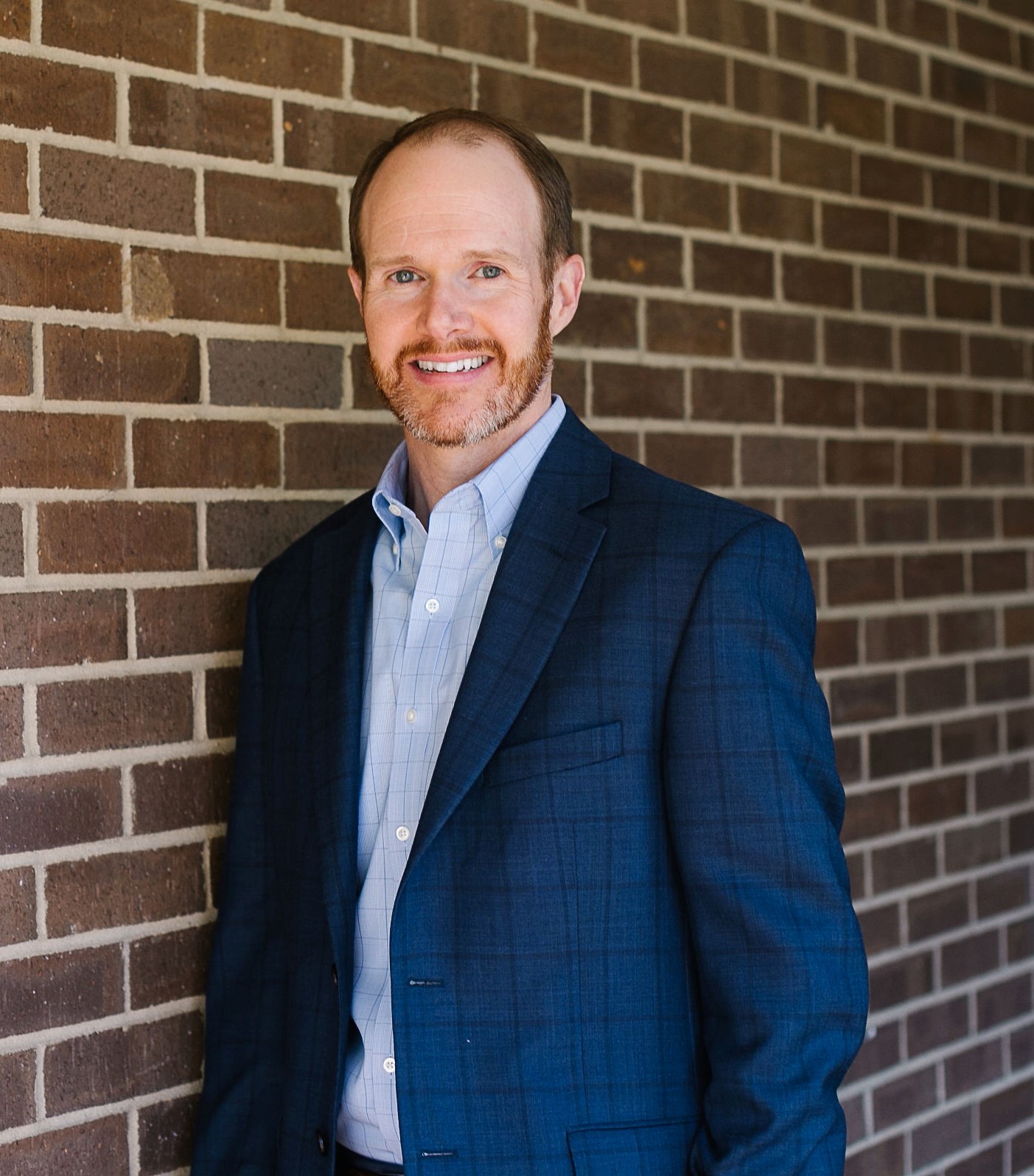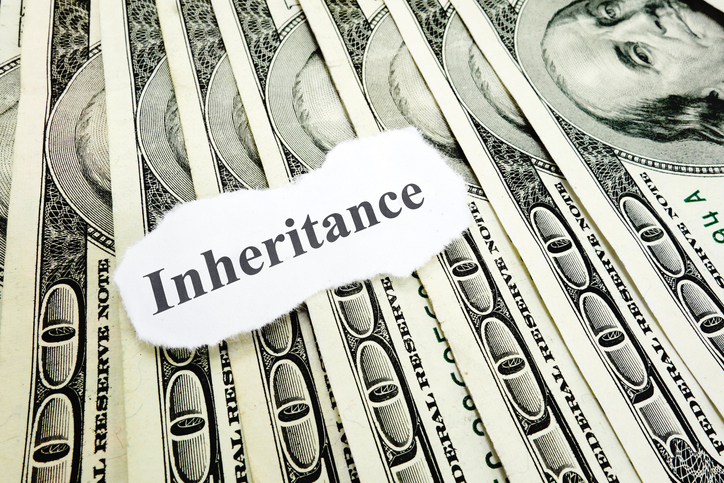Global View Investment Blog
Global View’s Tips for How to Handle an Inheritance
Losing a loved one is never easy. The addition of money, estates, wills and inheritances can only complicate things further.
As a full-service financial advisory firm, Global View was set up to help clients with their overall financial planning needs, which includes their plans even after death. In our experience, while the administrative tasks associated with the passing of a loved one can be laborious and challenging, lacking a plan makes the entire process exponentially more time-consuming, costly and painful.
Financial planning may not be a magic wand, but having even a basic plan can give you and your family a strong financial advantage in the event of emergencies or unexpected loss. From planning your estate to managing the passing of a family member, a financial plan can eliminate pitfalls and make the entire transition smoother for your family.
In most situations involving the loss of a loved one, there is a rush to get affairs in order. Funeral planning; notifying banks, insurance companies and other necessary parties; and simply just doing what you can to get through the difficult time requires action and vigilance. During these times, one of the best things you can do is pace yourself and not rush.
According to the Federal Reserve, 85 percent of inheritances are smaller than $250,000, and most of them are $50,000 or less. An inheritance can be life-changing, or at least a useful financial windfall, and careful planning is crucial to successfully stewarding your inherited assets.
Why Rely on a Financial Advisor
A fiduciary financial advisor can be your best resource to properly articulate your financial priorities and create a blueprint to make it happen. A financial advisor can provide the needed support during a difficult time for your family and deliver the proper financial expertise to create an effective plan. A full-service firm like Global View can help centralize your efforts and make sure nothing slips through the cracks.
Budgeting for Initial Costs
Inheriting funds can also mean inheriting additional challenges or tasks. After a loved one passes, there is a chance that you (or perhaps another designated party) need to settle outstanding debt, take over ongoing payments or, at the very least, cover funeral expenses.
On average, a funeral costs nearly $8,000. The addition of your own expenses, debt and other financial needs can increase your spending quickly, making budgeting an important component of your financial plan.
Address Bad Debt
After settling the initial expenses and handling the high-priority affairs pertaining to your loved one, make sure you use your inheritance strategically. A major leakage to your financial life is debt, especially high-interest-rate debt. Depending on the plan you create with your financial advisor, eliminating debt with very high interest rates can remove major blockades to your wealth building. A timeshare, credit card or other debt vehicle with a 15 percent interest rate or higher can burn through your savings and erase your wealth. Paying off high-interest-rate debt increases your discretionary income and gives you increased capability to save, invest and grow.
Create Your Emergency Fund and Accelerate Saving
After eliminating major financial barriers, you can create or further build an emergency fund for you and your family with your inheritance. Having a financial cushion to soften the blow of a job loss or an unexpected financial emergency can be huge. Talk with your financial advisor about how much you would need for your specific situation.
Some costs require time, planning and a hefty amount of savings. These expenses can include a new home, college tuition or other large expenses. After speaking with your advisor, you can arrange your savings priorities and significantly shorten the time to save for a major expense.
Put Your Portfolio to Work
Investing is the bridge that connects you to your financial goals. Without an effective portfolio, your only hope is to rely on investments that pay little to no interest. Nevertheless, a fiduciary financial advisor can help you fully flesh-out your financial goals, time horizon and comfort level with respect to risk and investment types.
Whether you’re investing for retirement, family planning or any other financial goal, your financial advisor, financial plan and portfolio should do all the heavy lifting, surpassing low-returning bank accounts or savings vehicles.
Planning Your Own Estate
Creating a plan for your estate can make the transfer of your assets for your designated heirs easier and ensure that the investments align with the legacy you want to create with your family. Estate laws vary state by state, but there are important essentials that every investor can have in their plan, as residents of the Carolinas or otherwise.
Your estate consists of all of your personal possessions, real estate ownership and any other asset you own. At a minimum, your estate plan should determine how your assets will be distributed, and who can act on your behalf.
The Legal Essentials of Your Estate Plan
On a basic level, your estate plan should include a will, power of attorney and a living trust.
Your will specifies who will receive your assets upon your death. Without one, the state in which you reside and court system will appoint a legal representative on your behalf.
An individual who is appointed power of attorney will make decisions for you if you’re somehow unable to. (For help choosing the right person, read our recent blog post: Selecting Fiduciaries in Your Estate Plan.)
A living trust is a legal agreement that enables you to manage your estate assets while you’re still living, outline rules and requirements for your heirs, and avoid the court-appointed probate process when you’re gone.
Investing for Your Estate
Typically, your investment choices are made to help you reach your financial goals while you’re living. When you craft an estate plan, you are investing for your lifetime of course, plus the legacy that you’ve designed in your plan.
Instead of only being aligned to your time horizon, your estate portfolio can align with the time horizon of your heirs and any other beneficiaries you find fit. Prudent investing alone requires ongoing planning and maintenance. Investing to secure your legacy and ensure the well-being of your family and beneficiaries requires that much more.
If you take anything from this post, at the very least, talk to a financial advisor to learn your options and get pointed in the right direction. Your heirs and descendants will appreciate it.
If you’re looking for a fiduciary financial advisor in the Carolinas who can help you with your estate plan, or if you’re ready to make a change, contact the team at Global View. Our family-office style services are designed to help.

Written by Joe Hines
Joey's primary focus is working with clients in the goals setting and financial planning process. He has extensive experience is in helping clients facilitate the decision making process, leading them through the implementation of their financial plan and contributing to their peace of mind. This includes helping clients gain an understanding of estate planning, charitable giving, and helping them implement these plans by working closely with estate planning attorneys.
Are you on track for the future you want?
Schedule a free, no-strings-attached portfolio review today.
Talk With Us






